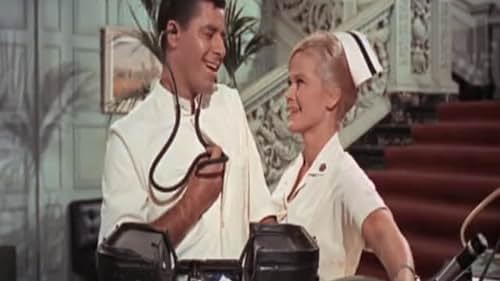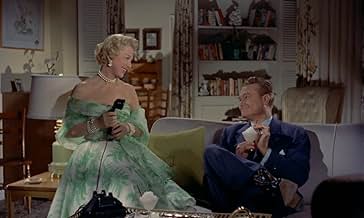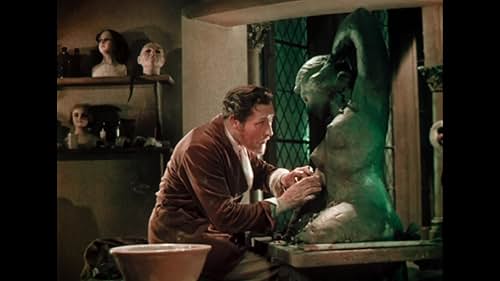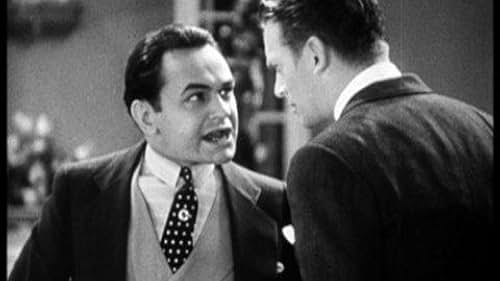Glenda Farrell(1904-1971)
- Actress
- Soundtrack
Glenda Farrell began as the archetypal wisecracking blonde in 1930s gangland films like Little Caesar (1931) and I Am a Fugitive from a Chain Gang (1932). Diminutive, grey-eyed and undeniably sassy, she was a seasoned performer long before Warner Brothers snapped her up as a contract player in 1929. She made her debut on the stage as a 7 year-old playing Little Eva in "Uncle Tom's Cabin". Via provincial theatre Glenda eventually made her way to Broadway where she scored a palpable hit in "Life Begins" (later recreating her role for the screen). That attracted the Hollywood talent scouts and her movie contract followed in due course. Though seemingly destined for typecasting as hardboiled gangster molls, showgirls and gold diggers, it was her role as fast-talking, resourceful girl reporter Torchy Blane in her own series of films (beginning with Smart Blonde (1936)) that made her a star, albeit a minor one. She later recalled "Warners never made you feel you were just a member of the cast. They might star you in one movie and give you a bit part in the next...You were still well paid and you didn't get a star complex. We were a very close group..."
Glenda was also paired with another livewire, Joan Blondell, for a series of high octane, madcap farces which consistently made money at the box office. Inevitably, though, her roles became more and more repetitive. After her contract with Warner Brothers expired, she continued to appear with diminishing effectiveness in films for Universal (1938) and Columbia (1942-44). In the 50s, Glenda made the transition to more mature character roles, alternating screen work with Broadway plays -- pretty much throughout the remainder of her acting career -- eventually winning a Primetime Emmy Award in 1963 as Best Supporting Actress for the television series Ben Casey (1961). She took ill during a stage performance of "Forty Carats" in New York in 1969 and died at her home two years later. As the wife of a former U.S. Army colonel, Glenda became the only actress to be interred in the cemetery of West Point Military Academy.
Glenda was also paired with another livewire, Joan Blondell, for a series of high octane, madcap farces which consistently made money at the box office. Inevitably, though, her roles became more and more repetitive. After her contract with Warner Brothers expired, she continued to appear with diminishing effectiveness in films for Universal (1938) and Columbia (1942-44). In the 50s, Glenda made the transition to more mature character roles, alternating screen work with Broadway plays -- pretty much throughout the remainder of her acting career -- eventually winning a Primetime Emmy Award in 1963 as Best Supporting Actress for the television series Ben Casey (1961). She took ill during a stage performance of "Forty Carats" in New York in 1969 and died at her home two years later. As the wife of a former U.S. Army colonel, Glenda became the only actress to be interred in the cemetery of West Point Military Academy.















































